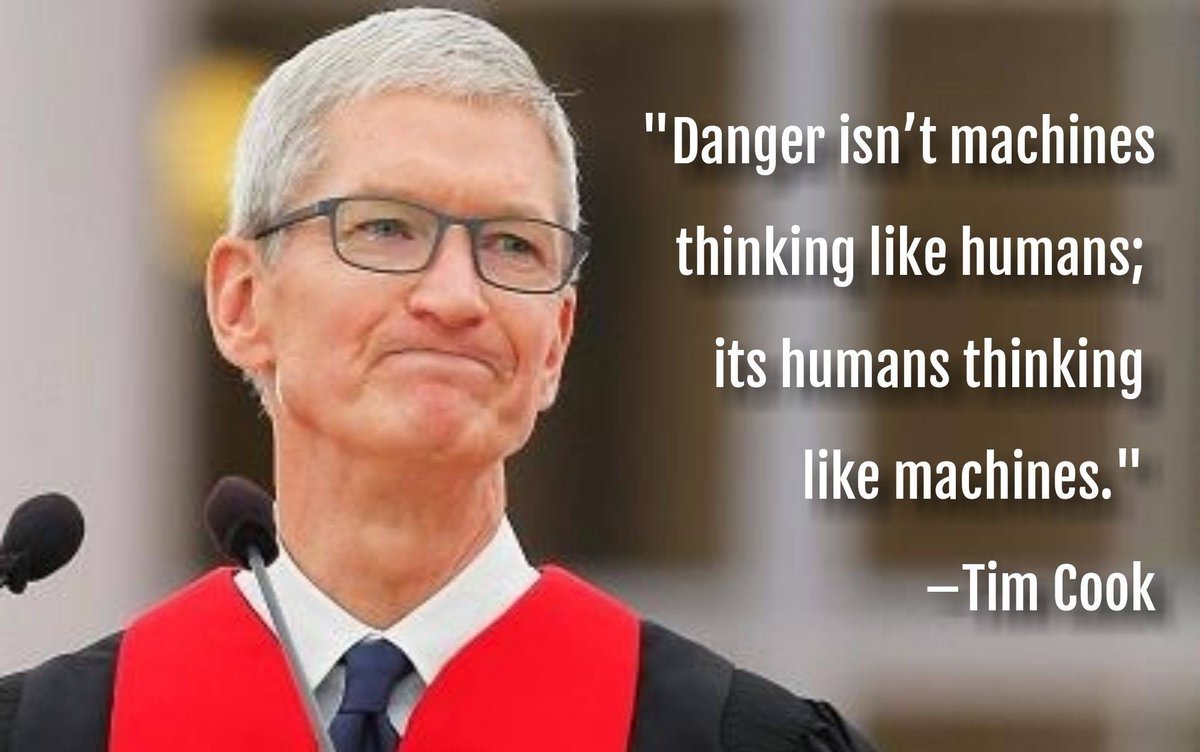"It is often underappreciated just how quickly a country’s fortunes can change. In 2004, Germany was considered the sick man of Europe. Five years later, after some judicious reforms to its labor market, it was Europe’s economic powerhouse. Four years ago, Spain was widely dismissed as an economic basket case, one step away from national bankruptcy and euro exit. Yet since mid-2013, it has been growing at around 3% a year and created two million jobs.
.
That points to a second aspect to economic turnarounds: They are rarely obvious at the time, even to the economists, policy makers and pundits paid to spot these things. Famously, 364 distinguished economists—among them Mervyn King, who later became governor of the Bank of England—wrote to the Times in 1981 to warn that Prime Minister Margaret Thatcher’s policies were doomed to fail. Yet history shows that Britain’s recovery began at almost exactly that moment, and five years later its economy was booming."(1)
Basta recordar o economista Cavaco Silva, então presidente da república a prever a tal "espiral recessiva". Este anónimo da província, ao mesmo tempo escrevia:
Ao longo dos anos escrevi aqui no blogue tantas e tantas vezes previsões ao arrepio das previsões dos economistas, dos académicos e comentadores, e quase sempre acertei: acerca do
desemprego; acerca das
exportações; acerca das estratégias;
acerca do euro; acerca de ...
Entretanto encontro estes trechos:
"E]conomics and business are not the same subject, and mastery of one does not ensure comprehension, let alone mastery of the other. A successful business leader is no more likely to be an expert on economics than on military strategy:. As we have seen, companies do not appear very often in international trade theories, with one or two exceptions?' However, if anyone is to gain a clear perspective on what is happening in the real world, that has got to change.
...
William Milberg and Deborah Winkler comment that 'there are considerable limits to the economists' own models. In particular, the economists' views on offshoring are closely tied to an outmoded theory of comparative advantage'.. The main problem is that the economic models don't capture the broader institutional context, including company strategy or the actions of governments to regulate products and trade. We have to look at what companies are doing — they are the main actors in our drama — rather than being led by either the claims of countries or the outputs of models."
Economistas pensam em modelos...
Há meses CEO disse a propósito de um procedimento para validação de investimentos na sua empresa:
- Se perguntar ao meu pai porque optou há 8 anos por investir uma pipa de massa numa máquina fora da caixa, quando o mercado estava em crise, e que agora dá-nos o pão nosso de cada dia, ele diria que "teve um feeling".
Economistas pensam em modelos, como a Sandy, empresários pensam como
MacGyver:
"Well, I say we trust our instincts—go with our gut. You can't program that. That's our edge."
(2) - Trechos retirados de "From Global to Local" de Finbarr Livesey


%2006.21.jpeg)













Sem comentários:
Enviar um comentário